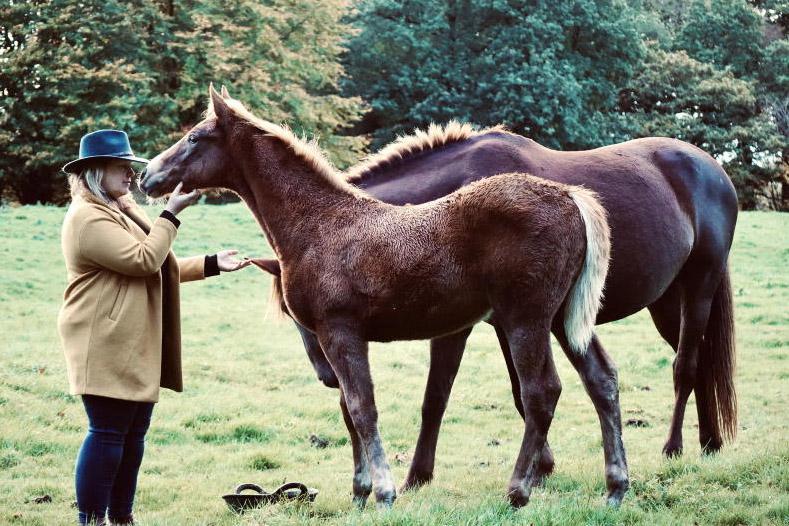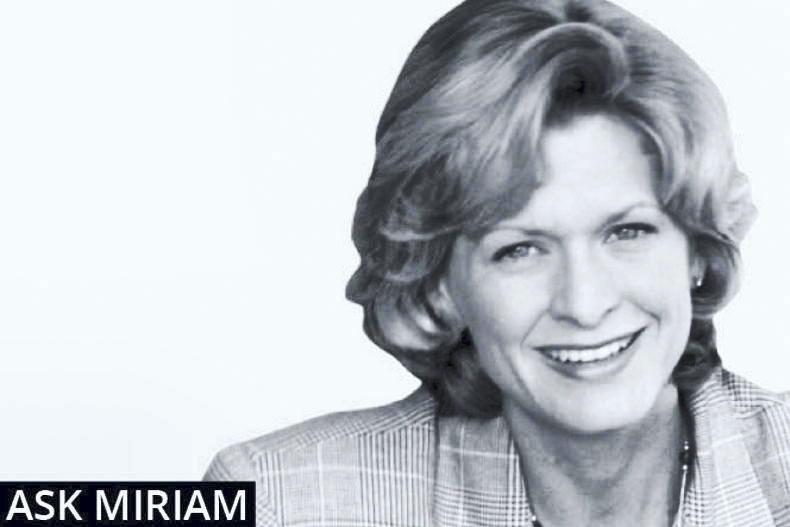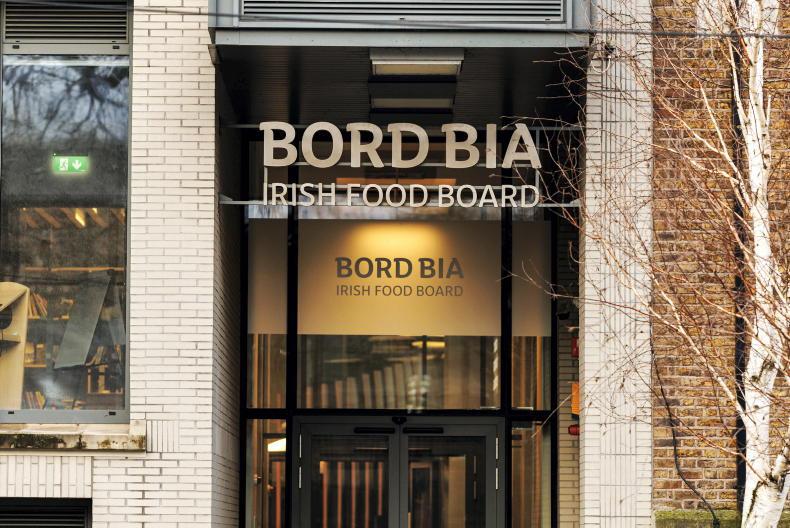Women cutting off their hair has become a familiar sight across social channels. Just last week, Swedish MEP Abir Al-Sahlani cut off hers while making a speech in the European Parliament. This is an act of solidarity with those taking part in the protests in Iran following the death of 22-year-old Mahsa Amini – a woman who died while in the custody of morality police. The MEP called for the oppressed women of Iran to be freed.
On the far side of Europe, although denied, horror stories about the rape of women and children in Ukraine are numerous across mainstream and social media. Some may say (perhaps as a coping mechanism to blot out the horror) “that is war, that is another regime, it is different in Ireland”. However, while our political situation is different, violence against women is historic, prevalent and happens in our communities.
A report from An Garda Síochána revealed domestic abuse accounted for the majority of murders in Ireland in 2021 and sexual offences involving domestic abuse also increased fourfold. Miriam receives many letter from women every year suffering from domestic abuse. Her advice, as it was last week to the lady that wrote “he can be verbally abusive and physical at times”, was to go to the gardaí. Suffice to say, it was galling to read the revelations that more than 3,000 domestic violence calls to An Garda Síochána’s emergency 999 helpline were cancelled in 2019 and 2020. This was one of the questions put to Minister for Justice Helen McEntee by Irish Farmers Journal news editor Caitríona Morrissey for our cover feature. The minister has started the ball rolling with legislative measures but we will be asking her what else Government can do to protect women when she addresses our Women & Agriculture Conference later this month.
Having read what I have just written, you could be excused for thinking that perhaps I have started to suffer from “tone deafness” in relation to the “In the Navy” article. The juxtaposition cannot be ignored. During the summer of 2021, we were invited to meet with officers and seamen on the LE Róisín to talk about their lives and why they joined the navy.

Lieutenant Commander of the LE Roisín Grace Fanning. \ Philip Doyle
It was scheduled for print the week Katie Hannon’s RTÉ radio documentary Women of Honour was released. I listened to the women’s stories, horrified, and suffice to say, held this article until now. A while later, I spoke again with Lt Commander Grace Fanning specifically about the revelations and while she herself had not been witness to it personally, she had spoken to many who had and was equally horrified.
It is an accepted fact that the problems in the defence forces go far deeper than a “few bad apples” – there are systemic failings. So why run this article now? I started this column talking about war and atrocities against women. The chair of the Commission on the Defence Forces, Aidan O Driscoll, summed it up in his recent report’s foreword: “Recent events have focused unaccustomed attention on our national defence policy and Defence Forces. While the international circumstances that give rise to this are deeply worrying, the growing recognition of the importance of defence and security matters is both new and welcome.”
The Government is acting in response (see Department of Defence comment P9) but not nearly enough action is being taken and the speed of that action (or lack of it) both in the defence forces and in domestic situations leaves women vulnerable.
Read more
Sting in the tail could come from budget detail
Editorial:Taking plans off paper and into reality more important than the launch
Women cutting off their hair has become a familiar sight across social channels. Just last week, Swedish MEP Abir Al-Sahlani cut off hers while making a speech in the European Parliament. This is an act of solidarity with those taking part in the protests in Iran following the death of 22-year-old Mahsa Amini – a woman who died while in the custody of morality police. The MEP called for the oppressed women of Iran to be freed.
On the far side of Europe, although denied, horror stories about the rape of women and children in Ukraine are numerous across mainstream and social media. Some may say (perhaps as a coping mechanism to blot out the horror) “that is war, that is another regime, it is different in Ireland”. However, while our political situation is different, violence against women is historic, prevalent and happens in our communities.
A report from An Garda Síochána revealed domestic abuse accounted for the majority of murders in Ireland in 2021 and sexual offences involving domestic abuse also increased fourfold. Miriam receives many letter from women every year suffering from domestic abuse. Her advice, as it was last week to the lady that wrote “he can be verbally abusive and physical at times”, was to go to the gardaí. Suffice to say, it was galling to read the revelations that more than 3,000 domestic violence calls to An Garda Síochána’s emergency 999 helpline were cancelled in 2019 and 2020. This was one of the questions put to Minister for Justice Helen McEntee by Irish Farmers Journal news editor Caitríona Morrissey for our cover feature. The minister has started the ball rolling with legislative measures but we will be asking her what else Government can do to protect women when she addresses our Women & Agriculture Conference later this month.
Having read what I have just written, you could be excused for thinking that perhaps I have started to suffer from “tone deafness” in relation to the “In the Navy” article. The juxtaposition cannot be ignored. During the summer of 2021, we were invited to meet with officers and seamen on the LE Róisín to talk about their lives and why they joined the navy.

Lieutenant Commander of the LE Roisín Grace Fanning. \ Philip Doyle
It was scheduled for print the week Katie Hannon’s RTÉ radio documentary Women of Honour was released. I listened to the women’s stories, horrified, and suffice to say, held this article until now. A while later, I spoke again with Lt Commander Grace Fanning specifically about the revelations and while she herself had not been witness to it personally, she had spoken to many who had and was equally horrified.
It is an accepted fact that the problems in the defence forces go far deeper than a “few bad apples” – there are systemic failings. So why run this article now? I started this column talking about war and atrocities against women. The chair of the Commission on the Defence Forces, Aidan O Driscoll, summed it up in his recent report’s foreword: “Recent events have focused unaccustomed attention on our national defence policy and Defence Forces. While the international circumstances that give rise to this are deeply worrying, the growing recognition of the importance of defence and security matters is both new and welcome.”
The Government is acting in response (see Department of Defence comment P9) but not nearly enough action is being taken and the speed of that action (or lack of it) both in the defence forces and in domestic situations leaves women vulnerable.
Read more
Sting in the tail could come from budget detail
Editorial:Taking plans off paper and into reality more important than the launch










SHARING OPTIONS